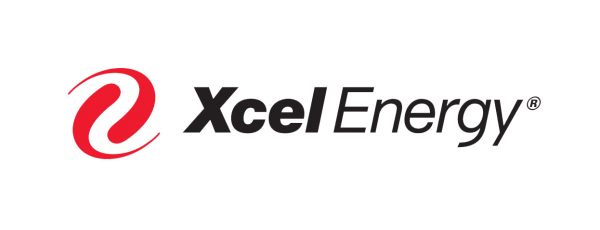An average Twin Cities commuter contributes about 2.6 tons of greenhouse gas emissions by driving alone to work. Multiply that volume of pollution times the number of people driving alone each day and it adds up to a serious impact.
Each time you don’t get behind the wheel helps, but you don’t need to swear off driving forever. You can make a difference and go greener by sharing the ride just a day or two a week. You can be part of the solution and take the bus or train, carpool, vanpool, bike or walk to work.
Metro Transit has been working to ease pollution and road congestion for years. The electric-powered Hiawatha light-rail train is the newest, cleanest member of the Metro Transit family. Metro Transit is an industry leader on providing transit service in ways that are more environmentally friendly and has plans to expand that commitment even more.
The agency unveiled its first hybrid electric bus in 2002. By 2012, at least 150 buses—almost 20% of the agency’s fleet—will be hybrids. Hybrid buses produce 22% better fuel mileage and 90% fewer emissions than the buses they replace.
Adding more hybrid buses is one component of Metro Transit’s enhanced commitment to the environment. To further reduce tailpipe emissions, it plans to buy 164 buses that incorporate the latest engine technology.
These efforts will save up to 1.23 million gallons of fossil fuels per year. That’s the equivalent of a stack of oil drums higher than 77 IDS Towers.
Here are some other ways we’ve been helping the environment:
• Using ultra-low sulfur diesel, the cleanest fuel on the market, in all Metro Transit buses.
• Surpassing the state’s mandate of using 2% biodiesel by increasing the biodiesel content to 5% in July 2006.
• Using 10% biodiesel in all of more than 900 buses this year. In March 2008, Metro Transit will double that to 20%, alternating between a 20% blend during summer and a 10% blend during winter.
• Modifying bus transmissions for better fuel economy and reducing bus-engine idling.
• Managing the region’s carpooling, ridesharing and biking programs.
Metro Transit can help you get started.
Learn how you can go greener at www.metrotransit.org
or speak to a transit representative at 612-373-3333.







